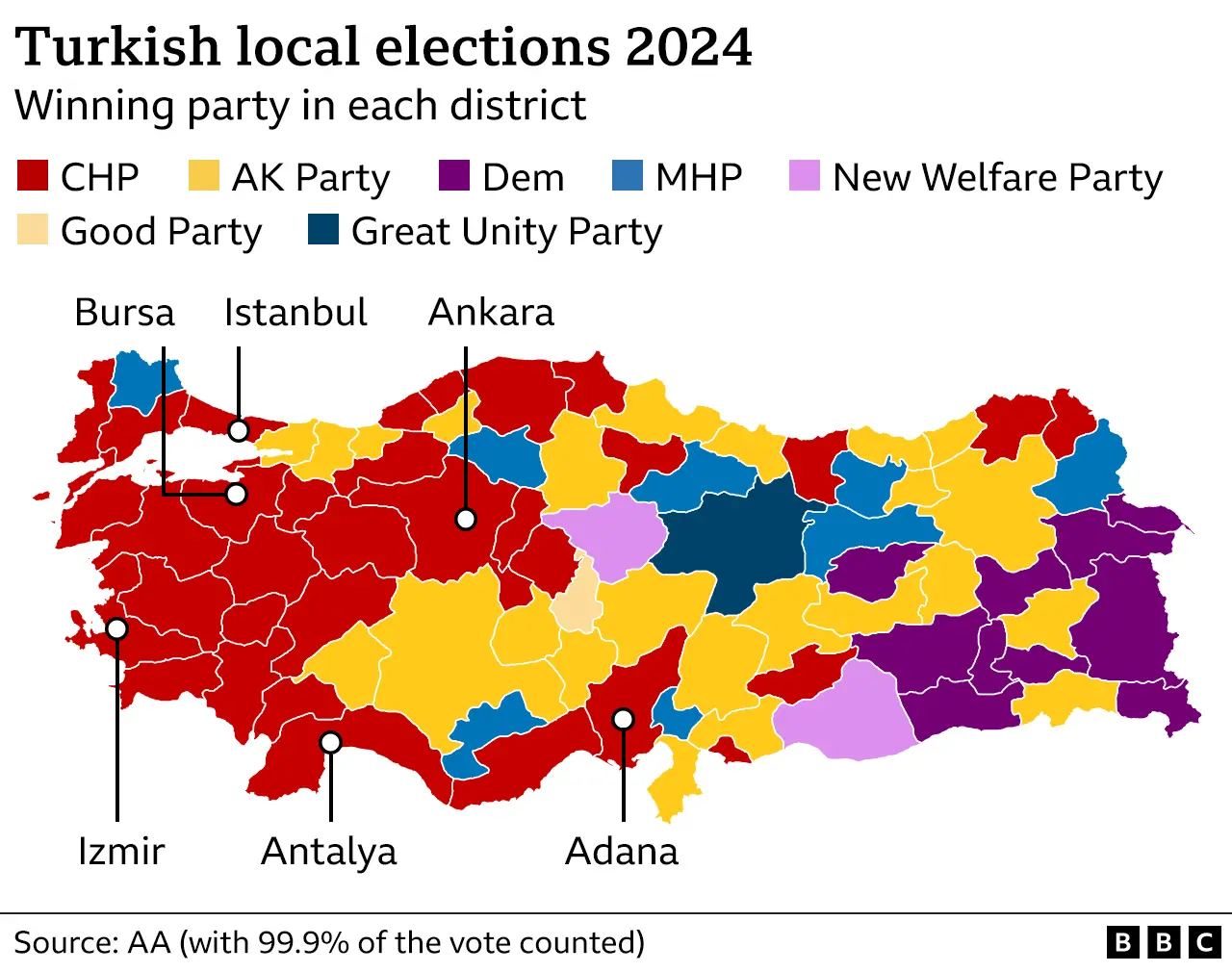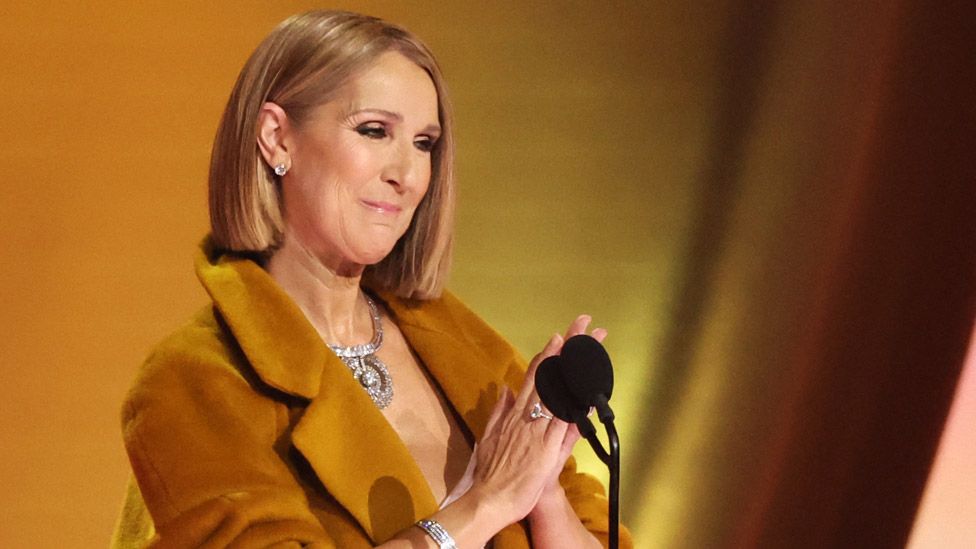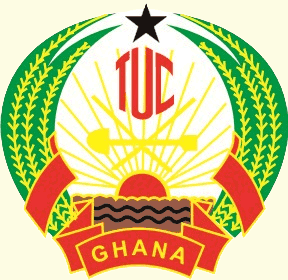
There are two expressions in Latin which sums up all the happenings in this country for the respective wonder and sadness: “miserabile dictum” and “mirabile visu”—’miserable to speak’ and ‘a revealing to observe’. Maybe not to abstain but recall that there is nothing new, except the “generational-gaps” and “the politics of, or attached to the Judiciary”.
From historical perspectives, it is how mind-boggling neither country nor institution(s) have learned any lessons. One salient from among others was that the courts were controlled by the government of the day—Nkrumah’s CPP before and after independence until the overthrow I966. It is not totally true. The colonial British had used deter dissent similarly—Nana Sir Osei Agyemang Prempeh I, Nana Yaa Asantewaa and the Gazette which is much of the causes for confusion, decline of the power of chieftaincy on its own and involvement with politics from embryonic state here. Yet, there had been some lingering doubts about the independence of the Judiciary through successive governments to date. These remain early days but suspend judgments as too many things are up and the country is raring to go polling December 7, 2024. It stands reasonable to wait for the unfolding to complete.
For a foreword, I plead for tampering the wildness in across board syntax, style and diction in what makes the rounds . They are apparent day, portending no easy anxieties before the end : syntax: that is content, there is nothing in commentaries of substantive like an achieved something—not comparisons mixed with filthy remarks. The style of presentation is quite pandering to discourtesies; and the diction conveying all the verdicts are unfortunate, though some are incongruous. Within the Tripod, there seems a sense which holds out mortars of blips on culture
Overall, I concur in the view that emanates from “the quality of mercy is not strained”—[William Shakespeare- “The Merchant of Venice” [Shylock the Jew]. The other aspect of language that fuels so much furious displeasure, an eerie or foreboding tempers between those advocating sobering human feeling and those driven by close to economic hopelessness (i) alleging an “uncaring administration”; and (ii) a bunch of never had it so good. Yet, as understandably, repeating, the prevailing bad will is un-Ghanaian culturally specifically and general elsewhere. And it has odour, rather than teaser in the beginning of political campaigns. As the history goes relatively, there had been a long perception that the Electoral Commission [EC] had always done bids of governments. The current has not been exempted. I bear in mind too clearly that Institution suffers its own trust-deficit.
The third in our abridged tour with regard to synopsis of electioneering is a huge part we have until recently overlooked. This is political debts though not paid in perpetuity, unlike a small decent abuse may be acceptable . In drowning digression our divisive politics have reportedly put inducements ahead of “thank you” as our experiences show or testify. The CPP hived off Brong- Ahafo into a separate Region from Ashanti plainly as a reward for support, political primarily outside of demographic excuses. Our recent 16, was thought to be electorally-advantage motivated. All bear detailed similarities. Or, the President was criticised for a comment when the Volta Dam flooded and displaced some communities .
If I may, draw from history as similarly as the British rewarded Mantse Tackie Tawiah I as King. It was a sop against Fantse Chiefs’ calling the bluff of the colonial Brits who had threatened to remove the capital from Cape Coast to Accra for rejecting to pay a new tax 1866/7 before a 1909 backdoor restoration of the tax rumpus. Unfortunately, the interpretation is that Winners post-ballots had tended to punish areas which denied them the vote, despite the act is itself becoming anticipated, but quaintly farcical in our day.
Beyond this time, the logical issue is which fresh forms the nobbling would take next term. As much as speculation depends on the results, thinking surrounds if there was a legislative stoppage, discounting the filibuster route. The faintly arguable reasons include that any new government will have to be seen to be delivering on cost of living, cleansing the environment, [specifically “Galamsey”], education, security and the judiciary, apparently worst disliked than the Electoral Commission (EC), which any way, shall have to be reconstituted, apolitically. Why the EC has always been a partisan-hated cause for nerve wracking nationally as of current, has its successive history running parallel with the “ins” and “outs” of power since in the shadows in the closure Jan. 13,1972 of the Second Republic.
Every research faults the appointing authority and politics. On the contrary the default lies in ‘’job for the Boys’’ and the obnoxious greater reality of the contest between party loyalty (the appointing source) and fit-for-the position. President Osagyefo Dr Kwame Nkrumah’s principle was ditched. I quickly recall Chief Justice Sir Kobina Arko Korsah, Kojo Mercer, Nana Sir Tsibu Darko and E.N. Omaboe, (later Amanokrom Nana Ampem Darko II), one of the era’s severe critics as Government Statistician. Osagyefo did not have it all within that practical section of theorem. Down the line, there were chaps who were no Saints. Men and women with influence in the CPP often used subterfuge to flout the standard. Latter day arguments quoted Roman Emperor Caligula, the Margai family of Sierra Leone and US President John F. Kennedy appointing his younger brother Robert as his Attorney General. All along, the approximated reason to accept as tangible is TRUST. At the same time the trust is questioned ad infinitum—endlessly.
That would raise in academia: personal (belief, or confidence)versus party consensus and or indeed what our constitution stipulates as ‘regional balance or representation’. Former President John Kufuor received lots of sticks for saying he hadn’t found yet a right person to fill a position in a region upcountry. The constitutional implications are myriad. Be that as it may, neither Africa nor globally is any country celibate about inducements for votes. It is totally absent phenomenon. Interestingly, no one admits –sin or not and democratic or Soviet (Russian) dictatorship including Nazism. In spite of the protests everywhere, it seems ours has developed into most crudity—unashamed and ugly boastful, kind of “beggar my neighbour”, even in the same political party. So, what makes the electorate take the gifts?
The answer is stark poverty and the strongest determination of recipients to retrieve a so-called “ill-gotten” state purloined wealth-feel–people have completely jettisoned patriotism and you are wrong when they think they are right [entitlement-mentality] because you dared to dissent. The solution lies in “CIVICS” which taught us ways and means to teach: “what is not for you?; don’t take it”. Our lack of rooting for our country has developed a side bar in the alien community who sojourn here. Some of them are persona non grata initially and the climate protects them over Ghanaians. It’s no xenophobia. Look at the Chinese and some West African neighbours, usurping across business and industry with such impetuosity. I shall have to explain the “xenophobia’’: this country has household names which are foreign—mixed marriages.
We’ve lived together and grown roots inculcated cultures; but a new generation appears [generation “ALPHA” the late 90s to 2010 on…] —killed decency in public and private lives and morality suffering comatose to have arrived with ‘my-right-batch’, (self-centred) a winner by any means, takes all. The Elderly are said to have folded arms and locked mouths because they do not want to be insulted, it is defended. Another pinion suggests there aren’t either anymore of Elders respectable to call “ORDER”, or, they have all sold out and the recluse and or appeasement attitude in garbs is a cover up—part of the rot, it is alleged. This is where this country has stuck, with its abridged narrative about bought votes, though the widespread noise suspects technological fiddling may supersede the succession. Progression or regression is the enigma, hoping for an undisputed ballot.
Fate has an as if awkward way of arriving when an earlier crisis begins to appear forlorn, curtains are all but drawn down and erupts issues after another. The quality of fate’s intervention lies in its divisiveness which rains schadenfreude that might eject every standard thought and thinking, even probably the moral, off its compass. The better truth is the contrary for sobering to step away from brinkmanship. That comes usually late—too many harm hurt to cordial relationships. The bitterness of unspeakables delivered by Responsibilities become hardest for rapprochement. That is the supreme food for thought, groping exit to sort out crises such as we have today.
Historically, this eighth Legislature launched itself in unprecedented rancour in the chamber. It was about the election of the Speaker. But then, everyone is aware of what has gone wrong. The country looks for immediate reliefs whoever wins. On the contrary, that “whoever” cannot be a ‘who’dun’it’ or pretend a whizz-kid. But engage the country in regular reporting and dialogue, emphasising fixedly three areas: agriculture, education and health, denuding all state institutions of partisanship. The caveat is that if that is done unskilfully, we might compound our problems with an infamous “568”. Prime Minister Prof. K.A.Busia [Second Republic] said in a nationwide telecast: NO COURT’’ could force his government to employ just any. We’ve been here before in our endeavouring democracy.
BY PROF NANA ESSILFIE-CONDUAH
The post With regard to history appeared first on Ghanaian Times.
Read Full Story












Facebook
Twitter
Pinterest
Instagram
Google+
YouTube
LinkedIn
RSS